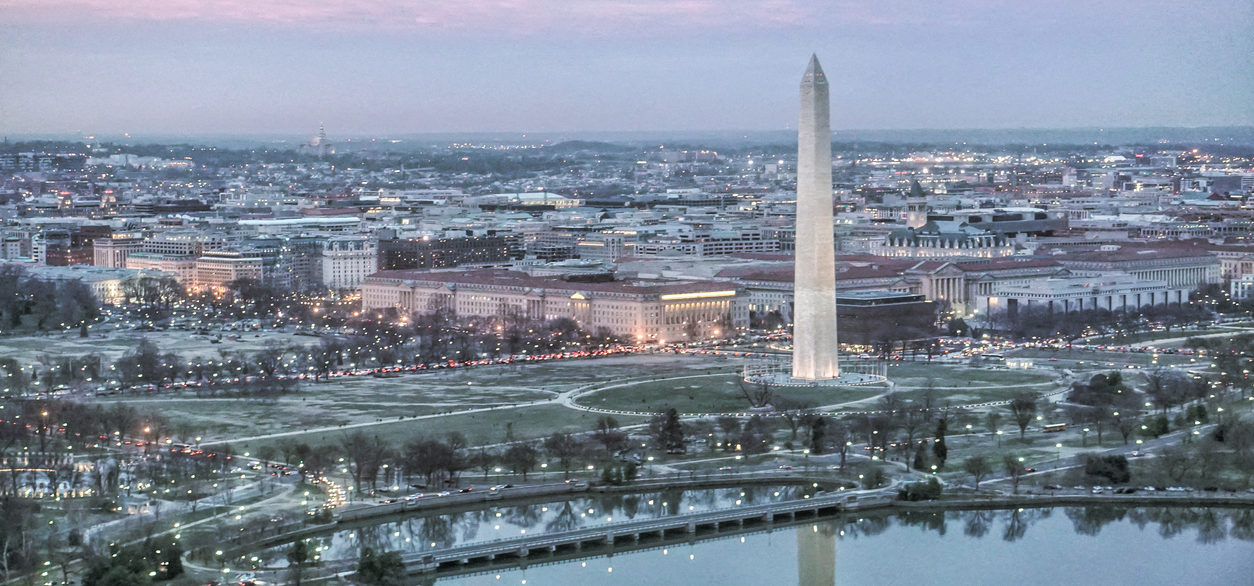
Ignition Interlock To Be Required For All DUI-Restricted Licenses in Virginia
Beginning July 1, 2012, every person who is convicted of a drinking-and-driving offense in Virginia and who wants to drive on a restricted license will be required to install an ignition interlock device on his/her car. Current law applies this requirement only to repeat offenders and to first-time offenders who are convicted of a blood alcohol level of 0.15 or higher.
Similar to a breath test machine, an ignition interlock device is a piece of equipment that is installed onto the dashboard of the car. The device requires a “clean breath sample” before the car will start. Random additional blows are required once the vehicle is in motion.
With Virginia’s drinking-and-driving laws already among the toughest in the nation, the new law could have a number of unintended side effects. First of all, by increasing the penalty for first-time offenders, the law will increase the number of people who decide to take their cases to trial. As Fairfax County Public Defender Todd Petit put it, “if you are automatically getting an interlock, then you have little incentive not to try the case.” The increased number of trials will create a greater workload for Virginia’s already over-burdened court system.
Second, because the law does not provide for the state to reduce or waive the installation fee for those who cannot afford it, the law will affect the poor disproportionately. People with financial means will be able to afford the $480 fee for a typical six-month installation. Many other people could end up driving on a suspended license.
Finally, there is concern about the potential backlog of people attempting to have ignition interlock devices installed on their cars. According to the Washington Post, the new law will quadruple the number of people required to install the device to more than 18,000. Although there are now four interlock vendors in the state, up from one when the program was first launched, the new law may result in lengthy delays in people’s ability to obtain a restricted license.
